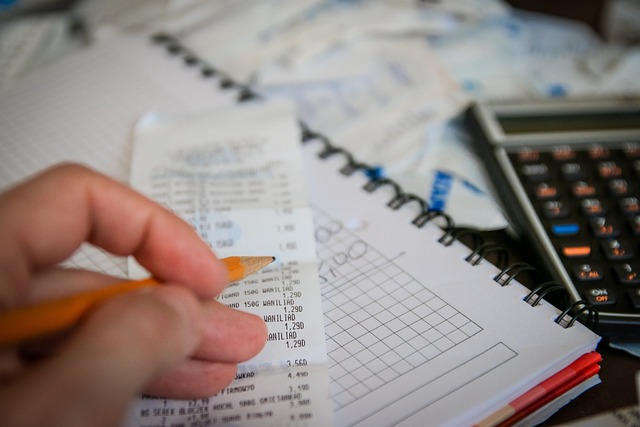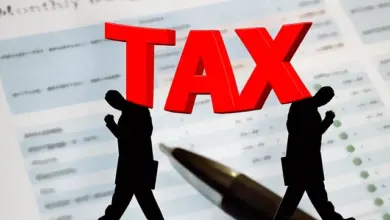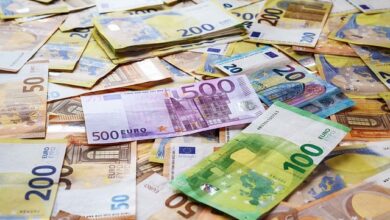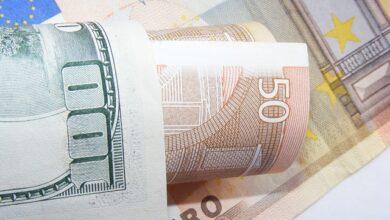Is Belgium an Expensive Country to Live In? A Comprehensive Guide

Belgium, with its charming cities, rich cultural heritage, and central location in Europe, is a popular destination for expats, students, and tourists alike. However, one common question many people have before moving to or visiting Belgium is: Is Belgium an expensive country to live in? The answer depends on several factors, including your lifestyle, the city you choose to live in, and how you manage your expenses. In this guide, we’ll break down the cost of living in Belgium to help you understand whether it fits your budget.
1. Housing Costs
Housing is typically the largest expense for residents in Belgium. Prices vary significantly depending on the city and neighborhood.
- Brussels : As the capital and largest city, Brussels is the most expensive place to live. Renting a one-bedroom apartment in the city center can cost between €900 and €1,500 per month, while outside the center, prices range from €700 to €1,100.
- Antwerp : Belgium’s second-largest city is slightly more affordable than Brussels, with rents averaging €800–€1,200 for a one-bedroom apartment in the city center.
- Ghent and Bruges : These picturesque cities are moderately priced, with one-bedroom apartments costing €600–€1,000 in Ghent and €500–€900 in Bruges.
- Smaller Towns : Living in smaller towns or rural areas can significantly reduce housing costs, with rents often starting at €400–€600 for a one-bedroom apartment.
Buying Property
If you’re considering buying property, prices in Belgium are relatively high compared to other European countries. Expect to pay around €3,000–€5,000 per square meter in Brussels, while prices in smaller cities and towns are lower.
2. Utilities and Internet
Utilities (electricity, heating, water, garbage) and internet services are generally affordable but can add up depending on your usage.
- Monthly Utility Bills : For an 85m² apartment, expect to pay approximately €150–€200 per month, including heating and electricity.
- Internet : High-speed internet plans cost between €30 and €50 per month, depending on the provider and speed.
3. Groceries and Dining Out
Belgium offers a mix of affordable grocery shopping and higher dining-out costs.
Groceries
Supermarkets like Carrefour, Delhaize, Colruyt, and Lidl offer a wide range of products at reasonable prices. On average:
- A loaf of bread costs €1.50–€2.50.
- A liter of milk costs €0.80–€1.20.
- Fresh produce, meat, and fish are moderately priced, though organic options can be pricier.
Dining Out
Eating out in Belgium can be expensive, especially in tourist-heavy areas like Brussels and Bruges.
- A meal at an inexpensive restaurant costs €12–€20.
- Mid-range restaurants charge €25–€40 per person for a three-course meal.
- Fast food and casual eateries (like friteries) are more budget-friendly, with meals costing €5–€10.
Belgium is famous for its beer, chocolate, and waffles, so indulging in these local treats is a must—but they can add up if consumed frequently!
4. Transportation
Belgium has an efficient public transportation system, making it easy to get around without owning a car.
- Public Transport :
- A single metro, bus, or tram ticket in Brussels costs €2.10–€2.60, while monthly passes range from €50 to €70.
- Trains are affordable and connect major cities quickly; a ticket from Brussels to Antwerp costs around €10–€15.
- Owning a Car :
- Fuel prices are relatively high (around €1.80–€2.00 per liter).
- Insurance, taxes, and parking fees make car ownership costly, particularly in urban areas.
Cycling is a popular and eco-friendly mode of transport, with many cities offering bike lanes and rental services.
5. Healthcare
Belgium boasts an excellent healthcare system, but costs depend on whether you’re covered by social security or private insurance.
- Healthcare Costs :
- With mandatory health insurance, most medical services are subsidized. For example, a doctor’s visit might cost €20–€40 after reimbursement.
- Prescription medications are also subsidized, reducing out-of-pocket expenses.
- Dental Care : Dental treatments tend to be more expensive and are not always fully covered by insurance.
6. Education
Education costs vary depending on your status as an EU/EEA citizen or international student.
- Public Universities : Tuition fees for EU/EEA students are low, ranging from €835 to €4,000 annually. Non-EU students pay higher fees, often between €4,000 and €8,000 per year.
- Private Schools : Private institutions and international schools charge significantly more, sometimes exceeding €15,000 annually.
7. Leisure and Entertainment
Belgium offers plenty of opportunities for entertainment, catering to various budgets.
- Cinema Tickets : Around €10–€15 per ticket.
- Fitness Memberships : Gym memberships cost €30–€60 per month.
- Cultural Activities : Museums, concerts, and festivals are reasonably priced, with discounts available for students and seniors.
8. Cost Comparison with Other Countries
Compared to neighboring countries, Belgium falls in the mid-range in terms of cost of living:
- More Expensive Than : Spain, Portugal, Eastern European countries.
- Less Expensive Than : Luxembourg, Switzerland, Scandinavia.
- Comparable To : France, Germany, the Netherlands.
9. Tips for Saving Money in Belgium
If you’re concerned about expenses, here are some practical tips to stretch your budget:
- Live Outside Major Cities : Renting in smaller towns or suburbs can save hundreds of euros each month.
- Cook at Home : Preparing meals instead of dining out reduces food costs significantly.
- Use Public Transport : Avoid owning a car unless absolutely necessary.
- Take Advantage of Student Discounts : If you’re studying, use your student card for reduced rates on transportation, museums, and events.
- Shop Smart : Use discount supermarkets like Lidl and Aldi for groceries, and look for seasonal sales.
- Explore Free Activities : Many parks, markets, and cultural events in Belgium are free or low-cost.



